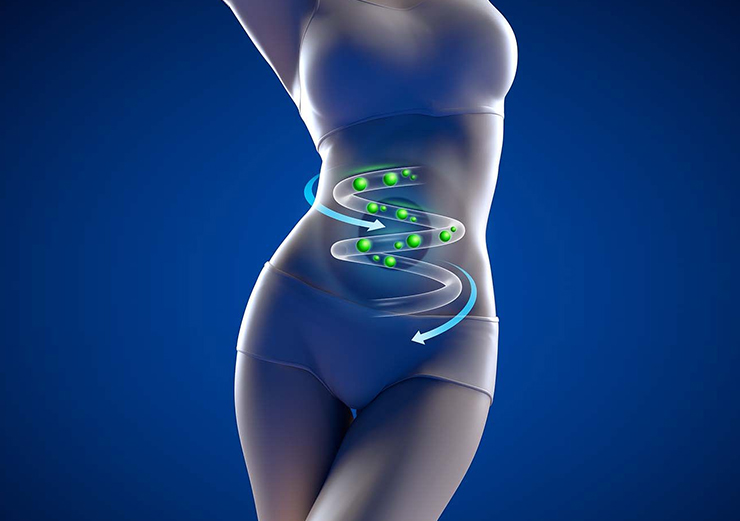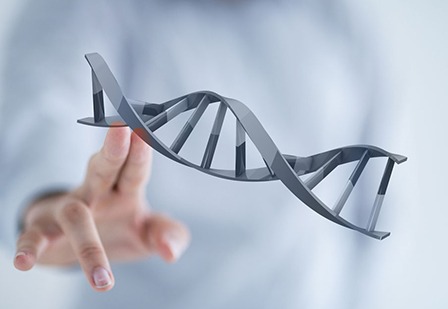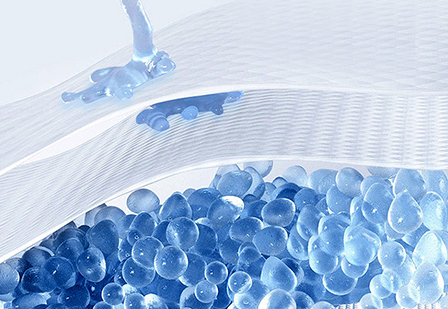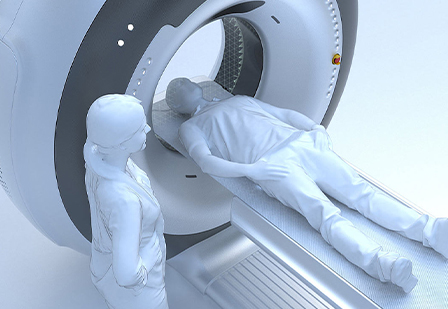DDW is beneficial to living organisms
Agre P of Johns Hopkins School of Medicine in the United States discovered the water channel protein on the cell membrane, which unraveled the absorption mechanism of water in organisms. At the same time, he pointed out that only orderly and structured small molecular clusters of water can enter the cells to participate in the energy of human substances. , Information metabolism. Due to the reduction of deuterium elements, the deuterium-depleted water has a unique structure of water molecular clusters. It has been confirmed by O17 NMR analysis that the molecular clusters of deuterium-depleted water are more than 50% smaller than those of ordinary water. With water channels of similar diameter, these smaller molecular clusters move through the body more quickly and efficiently than other types of water, allowing the body to rehydrate faster and more effectively. Therefore, deuterium-depleted water is an activator of life, can activate human cells and functions, and improve metabolism.





